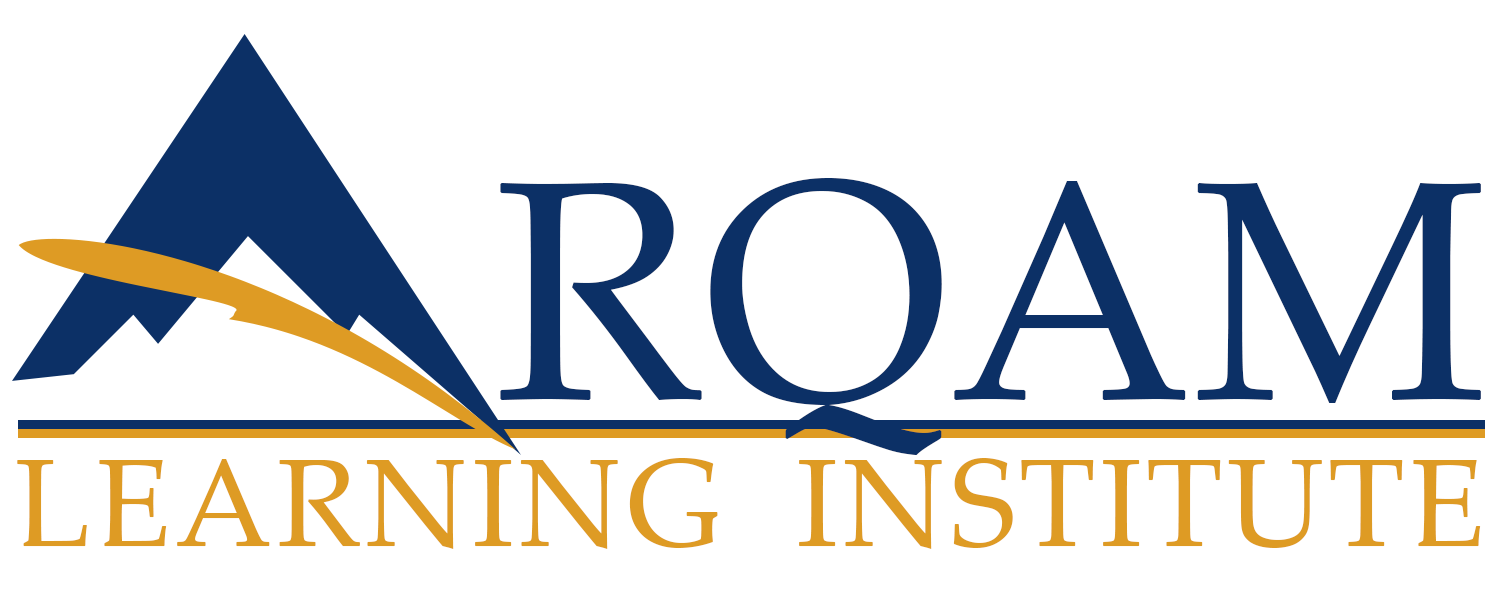Blogs
Etiquettes and Benefits of Reading and Reciting the Quran
- October 23, 2020
- Posted by: System
- Category: Knowledge

Before Reading the Quran: Etiquettes to Embrace
Engaging with the Quran is includes observing certain etiquettes. Before diving into the verses, it is crucial to ensure physical and spiritual cleanliness. The Quran should be touched with clean hands, preferably while in a state of wudhu (ritual ablution). Find a quiet, conducive space for reading, free from distractions. Clear your mind and purify your intentions (niyyah) to maintain concentration. Additionally, recite the istiaadah and basmalah, except for Surah At-Tawbah.
Maximizing Benefits While Reading/Reciting: A Deliberate Approach
During the reading or recitation of the Quran, a deliberate and mindful approach is essential. Reading slowly and clearly helps avoid mistakes and ensures that each letter’s rights are fulfilled. The Quran emphasizes proper recitation in Surah Al-Muzzammil (73:4), stating, “…and recite the Quran ˹properly˺ in a measured way.” Learning and perfecting tajweed, the rules of Quranic recitation, is encouraged, and even those who struggle with it receive double rewards, as mentioned in a hadith. The Prophet Muhammad (SAWS) also highlighted the significance of learning and teaching the Quran.
Implementation and Application: Connecting with the Quran’s Wisdom
Beyond recitation, the Quran encourages reflection on its meanings. For those who understand the words, reflecting during reading is advised. Allocate specific time for the translation and tafseer of the Quran, contemplating its verses. Several Quranic verses prompt believers to reflect, such as 47:24 and 38:29, urging contemplation and mindfulness.
Reciting and Completing the Quran During Ramadan: A Spiritual Endeavor
While it is not obligatory to complete the Quran during Ramadan, it is highly recommended (mustahaab). The practice of completing the Quran during this blessed month follows the example of the Prophet Muhammad (peace and blessings be upon him). Believers are encouraged to set personal goals for recitation and reflection during Ramadan, recognizing the great rewards associated with engaging with the Quran. Setting realistic goals and adjusting them as needed ensures a meaningful and attainable spiritual journey.
In conclusion, the etiquettes and benefits of reading and reciting the Quran are integral to a believer’s spiritual growth. Implementing these practices, both in Ramadan and throughout the year, fosters a deeper connection with the divine guidance provided by the Quran. May Allah SWT grant us the ability to embrace these etiquettes, maximize the benefits, and strengthen our bond with the Quran in this blessed month and beyond. Ameen.
Before Reading the Quran: Etiquettes to Embrace
Engaging with the Quran is includes observing certain etiquettes. Before diving into the verses, it is crucial to ensure physical and spiritual cleanliness. The Quran should be touched with clean hands, preferably while in a state of wudhu (ritual ablution). Find a quiet, conducive space for reading, free from distractions. Clear your mind and purify your intentions (niyyah) to maintain concentration. Additionally, recite the istiaadah and basmalah, except for Surah At-Tawbah.
Maximizing Benefits While Reading/Reciting: A Deliberate Approach
During the reading or recitation of the Quran, a deliberate and mindful approach is essential. Reading slowly and clearly helps avoid mistakes and ensures that each letter’s rights are fulfilled. The Quran emphasizes proper recitation in Surah Al-Muzzammil (73:4), stating, “…and recite the Quran ˹properly˺ in a measured way.” Learning and perfecting tajweed, the rules of Quranic recitation, is encouraged, and even those who struggle with it receive double rewards, as mentioned in a hadith. The Prophet Muhammad (SAWS) also highlighted the significance of learning and teaching the Quran.
Implementation and Application: Connecting with the Quran’s Wisdom
Beyond recitation, the Quran encourages reflection on its meanings. For those who understand the words, reflecting during reading is advised. Allocate specific time for the translation and tafseer of the Quran, contemplating its verses. Several Quranic verses prompt believers to reflect, such as 47:24 and 38:29, urging contemplation and mindfulness.
Reciting and Completing the Quran During Ramadan: A Spiritual Endeavor
While it is not obligatory to complete the Quran during Ramadan, it is highly recommended (mustahaab). The practice of completing the Quran during this blessed month follows the example of the Prophet Muhammad (peace and blessings be upon him). Believers are encouraged to set personal goals for recitation and reflection during Ramadan, recognizing the great rewards associated with engaging with the Quran. Setting realistic goals and adjusting them as needed ensures a meaningful and attainable spiritual journey.
In conclusion, the etiquettes and benefits of reading and reciting the Quran are integral to a believer’s spiritual growth. Implementing these practices, both in Ramadan and throughout the year, fosters a deeper connection with the divine guidance provided by the Quran. May Allah SWT grant us the ability to embrace these etiquettes, maximize the benefits, and strengthen our bond with the Quran in this blessed month and beyond. Ameen.
